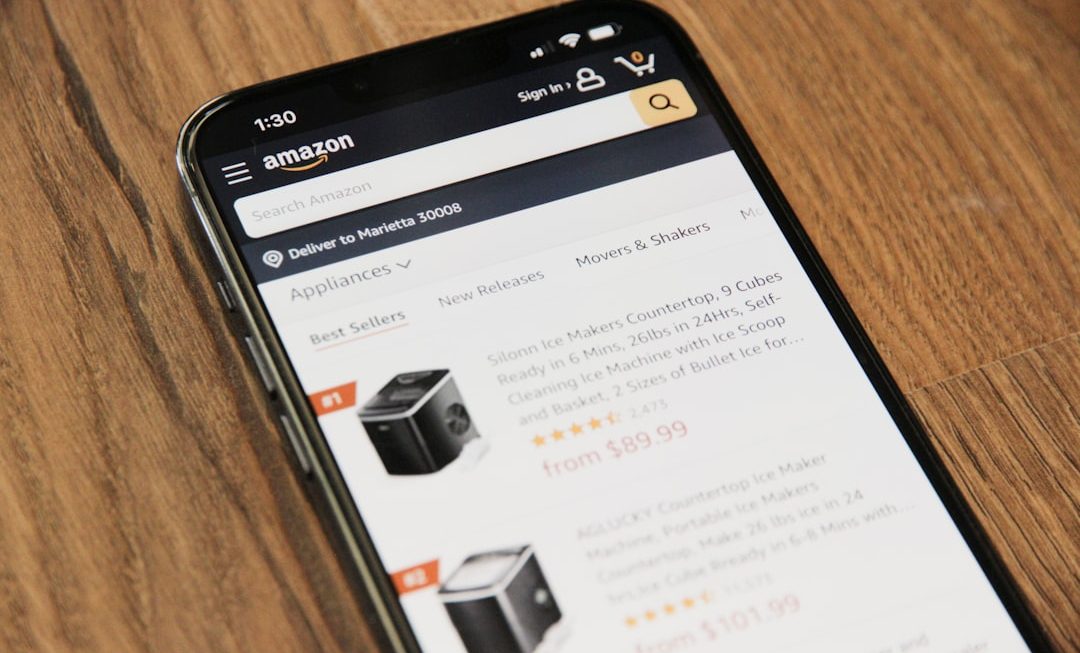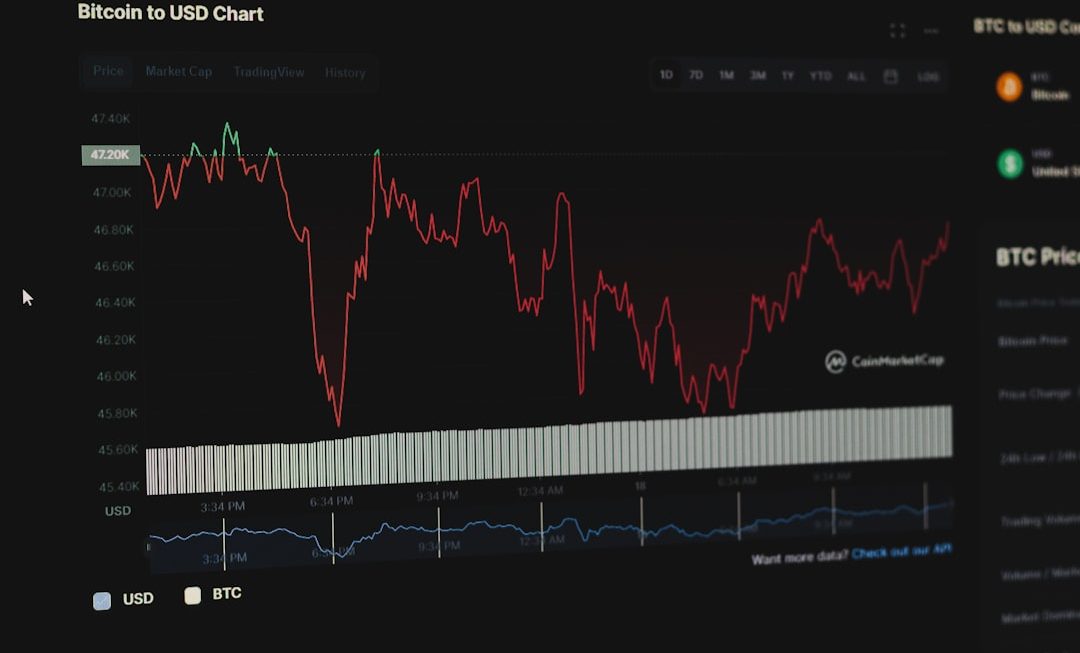
Storing data in the cloud has revolutionized how businesses handle digital assets—but with this innovation comes a new set of challenges, especially in terms of cybersecurity. Amazon Simple Storage Service (Amazon S3) is one of the most popular cloud storage platforms used by U.S. companies to store vast amounts of data. However, just like any digital repository, S3 buckets can become breeding grounds for malware, ransomware, and other security threats if not properly secured.
Unlike on-premises environments that typically come with traditional antivirus software, S3 is a storage-only solution and does not include built-in antivirus scanning. This makes it vital for organizations using S3 to integrate third-party antivirus tools designed for cloud-native malware detection, prevention, and removal. In this article, we’ll explore the best AWS S3 antivirus solutions available today for U.S. companies—and how they can make your S3 environments safer.
Why U.S. Companies Need Antivirus Solutions for AWS S3
If you’re asking why antivirus is even necessary in a storage environment like Amazon S3, consider the massive data transfer and access patterns within business ecosystems. Files uploaded to S3—from internal users, third-party integrations, or external clients—can unknowingly carry malicious code. If left unscanned, these threats can:
- Be downloaded by unsuspecting users
- Trigger ransomware attacks across connected systems
- Damage brand reputation and erode customer trust
- Result in compliance violations under standards like HIPAA, PCI DSS, and GDPR
Given these risks, proactive malware detection and removal in the cloud becomes not just beneficial, but essential.
Key Features to Look for in an AWS S3 Antivirus Solution
Choosing the right antivirus tool for your S3 bucket involves more than looking at detection rates. Here are some essential features to consider:
- Real-Time Scanning: Detect threats as soon as files are uploaded
- Auto-Remediation: Automatically quarantine, delete, or flag infected files
- Elastic Scalability: Adapt to different workload sizes
- Integration with AWS Services: Seamless compatibility with Lambda, SNS, SQS, etc.
- Policy Configuration: Granular control over scanning rules and user permissions
- Compliance Support: Helps align with security requirements and audit trails
Now, let’s dive into the top antivirus solutions tailored for AWS S3.
Best AWS S3 Antivirus Solutions for U.S. Companies
1. Trend Micro Cloud One – File Storage Security
Trend Micro is a well-known name in cybersecurity and their Cloud One – File Storage Security solution brings enterprise-grade malware scanning to S3 buckets. Using ICAP and serverless components, it scans files automatically upon upload.
Features:
- Supports real-time and scheduled scans
- Integrates with CloudTrail, GuardDuty, and AWS Lambda
- Advanced threat detection using AI-powered engines
This tool is ideal for companies needing extensive threat intelligence without heavy manual setup.
2. Sophos for Amazon S3
Sophos offers a cloud-native solution designed specifically for scanning files in S3 buckets. It provides high detection rates and works well across both public and private S3 environments.
Features:
- Real-time scanning using event triggers
- Supports remediation workflows like quarantine or delete
- Integration with third-party SIEM tools
Sophos is a strong contender for mid-size to large U.S. companies requiring a robust, scalable solution.
3. ClamAV with AWS Lambda
For businesses looking for a more cost-effective or customizable antivirus setup, combining the open-source ClamAV scanner with AWS Lambda functions is a viable option. This “DIY” solution uses S3 event triggers to invoke Lambda functions that run ClamAV scans.
Features:
- Zero licensing cost—open-source
- Highly configurable with Python-based Lambda scripts
- Active developer community for troubleshooting and support
While cost-effective, this setup does require a deeper understanding of AWS and proper Lambda provisioning to be reliable.
4. Vectra AI
Vectra AI focuses on identifying cyber threats through machine learning and behavioral analysis. When integrated into S3 workflows, Vectra can help detect anomalous data access or file patterns that may indicate malware distribution.
Features:
- AI-driven threat hunting across cloud environments
- Forensic analysis tools available
- AWS integrations for automated workflows

Though not a traditional antivirus, Vectra makes a powerful complement to container-based or agentless antivirus solutions, especially for hybrid cloud setups.
5. Metadefender Cloud by OPSWAT
Metadefender by OPSWAT specializes in multi-scanning—using over 30 antivirus engines to scan the same file. This approach significantly increases the probability of detecting hidden or polymorphic malware.
Features:
- Automatic scanning triggered by file uploads
- Deep content disarm and reconstruction (CDR)
- Easy integration into S3 via APIs and AWS Lambda
This is a particularly good option for healthcare, finance, and government sectors where compliance and accuracy are paramount.
Best Practices for Implementing Antivirus in S3 Environments
Installing antivirus software is just part of a broader security strategy. Here are some additional best practices for protecting your S3 buckets in the cloud:
- Use AWS Config Rules: Ensure proper public/private bucket settings
- Enable Versioning: Roll back to a clean version in case of infection
- Implement Object Lock: Prevent deletion of critical clean data
- Audit and Monitor Logs: Use CloudTrail and GuardDuty for activity tracking
- Deploy IAM with Least Privilege: Controlled access minimizes risk of malicious uploads
Routine scans and policy enforcement should be set up to automatically detect and mitigate risks before they can spread internally or to your clients.
Choosing the Right Solution: Factors to Consider
The “best” antivirus solution for AWS S3 depends on your specific business needs, including:
- Data Sensitivity: Do you store PII, PHI, or financial info?
- Compliance Requirements: Are you governed by HIPAA, FedRAMP, or SOX?
- Workload Volume: High data throughput may favor serverless solutions like Lambda-based systems
- IT Skill Level: Some tools require custom configuration and monitoring

Evaluate your infrastructure and workflows before selecting the antivirus tool that best integrates into your organization’s operations.
Conclusion
Cyber threats are evolving faster than ever, and cloud storage systems like Amazon S3 are just as susceptible to malware attacks as traditional file servers. U.S. companies have a variety of powerful, scalable, and intelligent antivirus options to choose from—including solutions like Trend Micro, Sophos, and Metadefender. Whether you prioritize real-time scanning, high configurability, or compliance, the right solution is out there.
By investing in a robust antivirus strategy for your cloud storage environment, you not only protect your internal systems and data but also demonstrate a strong commitment to security—a value that resonates well with customers, regulators, and partners alike.



